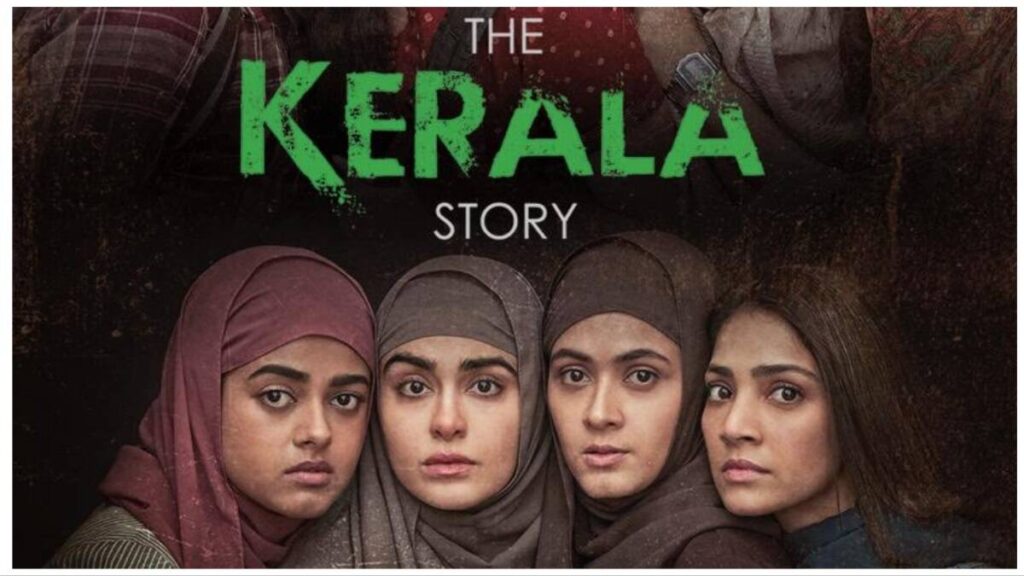
“Supreme Court Dismisses Plea for Mistrial in Mahatma Gandhi Assassination Case”
Last Updated on May 16, 2023 by Administrator
A recent plea has been made before the Supreme Court of India by the Abhinav Bharat Congress seeking a mistrial in the Mahatma Gandhi assassination case. The plea was filed on the grounds that the trial was not conducted in a fair and impartial manner and that the evidence against the accused was not properly considered.
The Mahatma Gandhi assassination case is one of the most high-profile cases in Indian history, involving the murder of Mahatma Gandhi, one of India’s most revered leaders, on 30th January 1948. The accused in the case were Nathuram Godse, a member of the extremist Hindu nationalist group, RSS, and his accomplices, Narayan Apte and others.
The plea filed by the Abhinav Bharat Congress, a right-wing organization, argued that the trial was marred by several irregularities, including the alleged bias of the presiding judge, the manipulation of evidence, and the failure to consider exculpatory evidence. The plea also alleged that the trial was influenced by political factors and that the accused were denied a fair trial.
The plea further claimed that the real mastermind behind the assassination was not Godse but Vinayak Damodar Savarkar, a leading figure in the Hindu nationalist movement who was acquitted in a separate trial. The plea argued that the prosecution had deliberately suppressed evidence linking Savarkar to the assassination and that this had prejudiced the case against the accused.
The Supreme Court, however, dismissed the plea as being without merit, noting that the trial had been conducted in a fair and impartial manner and that the evidence against the accused had been properly considered. The Court also noted that the allegations against Savarkar were not new and had been examined by previous courts, which had found no evidence to support them.
In conclusion, the plea filed by the Abhinav Bharat Congress seeking a mistrial in the Mahatma Gandhi assassination case was dismissed by the Supreme Court of India. The Court held that the trial had been conducted in a fair and impartial manner and that the evidence against the accused had been properly considered. The Court also rejected the allegations against Savarkar, noting that they had been examined by previous courts and found to be without merit.
Written By – Unnati




